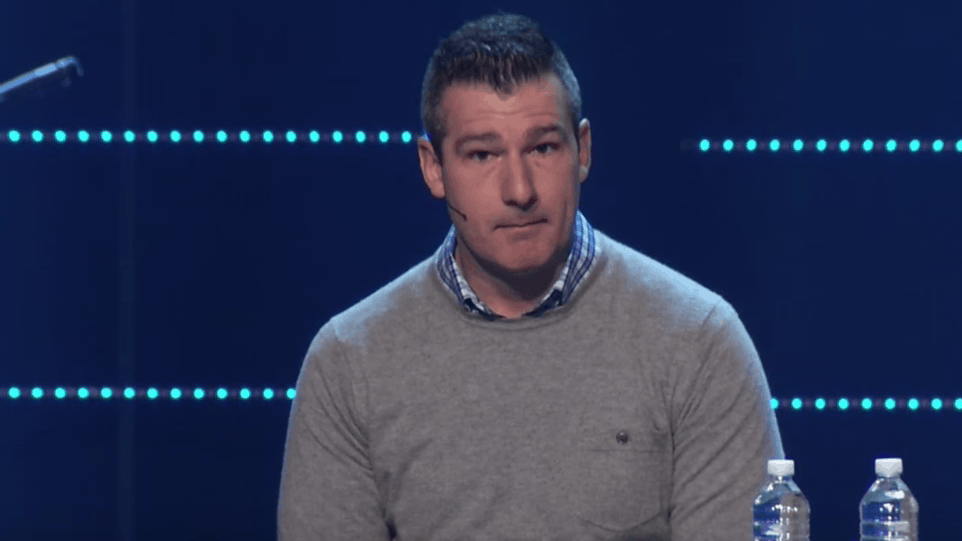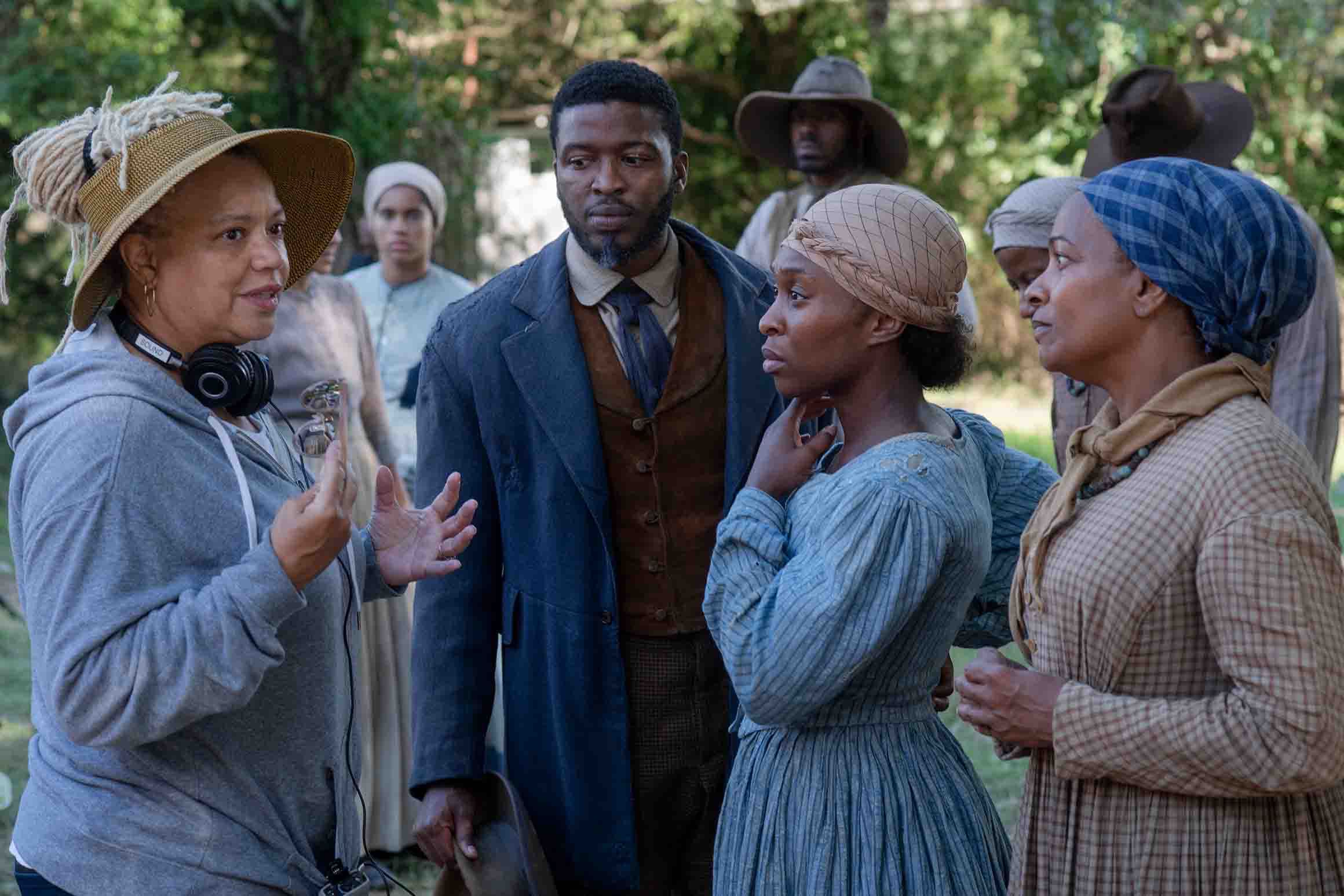
“Hope deferred makes the heart sick,” says King Solomon.
Proverbs, which Solomon wrote, speak to the human condition, and this one is no exception. We’re all familiar with disappointment. You don’t get invited, you don’t get the promotion or the heartbreak of a break-up is hard to shake.
Every once in a while, an event will unearth emotions that force me to put into practice everything I write about. Do I really believe that God is good? Does He truly have my best in mind? What will it look like to climb out of this rut? I believe the answer is found in the second part of the verse.
The second part of the proverb says that “a desire fulfilled is a tree of life.” At first glance, this line doesn’t seem like it could be a comfort to those of us with sick hearts. We understand that our fulfilled desire would be awesome—that’s what makes deferment so tough!
But the imagery here is a “tree of life.” That same symbol is used in the Garden of Eden as the promise of provision, in Jeremiah 17 to illustrate a man whose trust is in the Lord, and in Revelation 22, which describes another tree of life that bears fruit in the new earth. Yes, getting the good things we want this side of heaven would be great, but even those things can’t truly fulfill us. The shrubs that sprout with a new relationship or a new job can indeed bring temporary satisfaction, but they pale in comparison to the ultimate gifts that the Sower has in store.
Solomon writes in Ecclesiastes 3:11 that God has written eternity on our hearts. So what does disappointment mean? That God fashioned us with a mechanism for hope. The temporary gifts He graciously gives us may use this design plan from time to time, but when it fails us in the short run, we need to understand that it won’t in the long run.
Our hopes will ultimately find their restful bliss in Christ and His redemptive plan. He alone has the power to forever wipe away tears. He alone has the ability to satisfy the deepest longings of our souls. Only Jesus can heal our sick hearts. The beautiful part is that the deferment only adds to the bliss of fulfillment. It’s worth the wait.
So what do we do in the meantime? Should we hope for earthly things at all, or should we just build walls around our hearts and hope that Jesus returns soon? I see the temptation to start putting some bricks together. Nevertheless, I think God has more in store for our hurts and hopes than eventual eternity.
A symbol that comes to mind when I think of unfulfilled hopes is a wishing well. But the picture it paints isn’t all that hopeful. Just throw in your spare change and watch it fall to the bottom. It will join other dreams in a watery grave. No redemptive value or investment, just collecting algae. Then, you go on with your life, longing for something that may or may not happen.
God’s kingdom operates very differently than a wishing well. In His detailed plan, deferred hopes do so much more than collect pond scum. Each rejection, every heartache, all the missed opportunities are invested. They are sown like seeds that will have their time to bring forth fruit. The fruit may be as simple as time spent with Jesus while you walked through a healing process. Perhaps it will look like a tender heart that is a comfort to others, having experienced loss. Or maybe it will be a thicker skin that’s ready to take on what life has in store.
No ache will be wasted. It all has a purpose. If you feel like you’ve been hit with one disappointment after another, know this: God is going to cash all that in one day.
That being said, do we continue to hope for earthly events to take place? Hesitantly, my answer is yes. I hesitate because I know it will mean more heartache for a lot of us. I hesitate because I realize the struggle of finding ultimate hope in Jesus with other competing hopes in our hearts. But is heartache really the end of the world?
Ache means growth if you are following Christ. Longing reminds believers that ultimate satisfaction is waiting in what’s to come. So maybe we should continue to prayerfully, yet prudently hope for good desires, offering it up to God and trusting that He has a purpose for it, either in heartache or fulfillment.






















